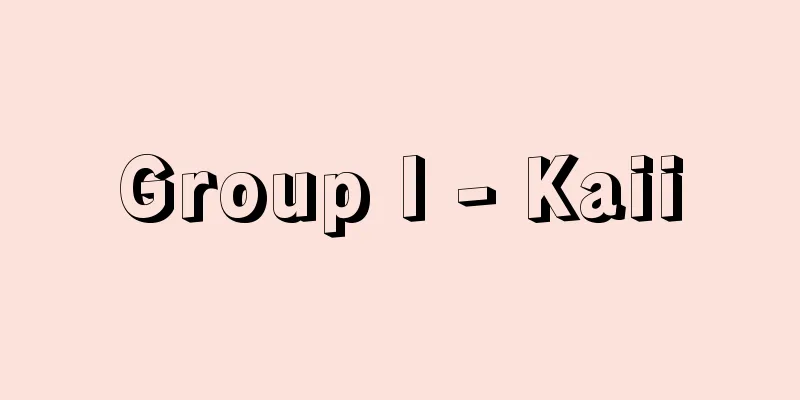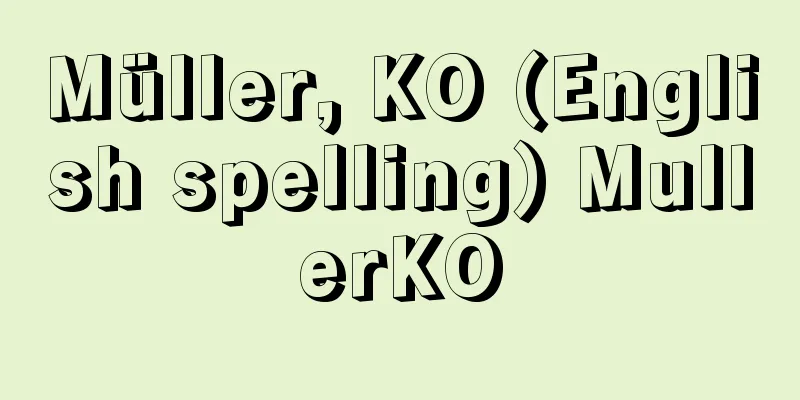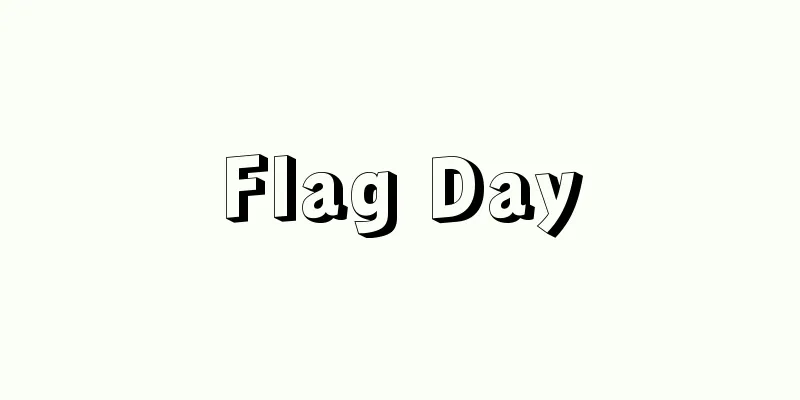Corpse - Ouch
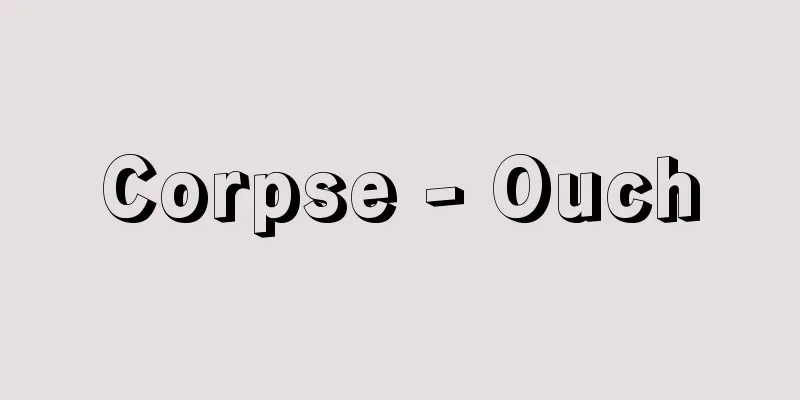
〘noun〙① The body left behind by parents. In other words, the child. Yuitai. ※Sankokudenki (around 1407-46) vol. 11 "Who in Shiso would not worship the remains of their parents ? " ※Kan'ei edition of Mokyusho (around 1529) vol. 9 "The body is the remains of my parents." [Riteki - Rites] ② The body of a dead person. Corpse. Corpse. Remains. ※Reading book Sakurahime Zenden Akebono Soshi (1805) vol. 4 "The wolfdog's corpse was destroyed."Yui-tai [corpse]Source: The Selected Edition of the Japanese Language Dictionary About the Selected Edition of the Japanese Language Dictionary Information |
〘名〙① 父母が、あとにのこした身体。すなわち、その(父母の)子。ゆいたい。※三国伝記(1407‐46頃か)一一「緇素(しそ)誰人か親の遺体を崇め不(ざら)ん」※寛永刊本蒙求抄(1529頃)九「身は父母の遺体也」 〔礼記‐祭義〕② 死んだ人のからだ。なきがら。死体。遺骸。※読本・桜姫全伝曙草紙(1805)四「狼犬の遺体(ヰタイ)を損じ」
ゆい‐たい【遺体】出典 精選版 日本国語大辞典精選版 日本国語大辞典について 情報 |
Recommend
Delegated legislation - Ininrippo
Issuing legal norms based on delegation by law. S...
Avanti!
…In 1915, together with Mussolini, he supported I...
Granite diapir (English spelling) granitediapir
...Salt domes have a variety of external shapes, ...
Kingdom Management - Kingdom Management
…He also conceived the Grand Plan for establishin...
Gorgeous body
…This is a new style of poetry that was written b...
Analytical Geometry
It is a method of solving classical geometry prob...
Otate
This castle was located in Joetsu City, Niigata Pr...
Karachi - Karachi (English spelling)
Pakistan's largest city, located in southern ...
Aso Caldera - Asokarudera
A caldera located in the eastern part of Kumamoto...
Ichinotani - Ichinotani
This is one of the gorges that developed on the sl...
Effect of the law
A mandatory provision that nullifies the effect of...
Kusa Nebuta - Kusa Nebuta
...In Aomori, large ornaments with gorgeous pictu...
Year-end gift - Seibo
It refers to giving gifts at the end of the year ...
Kisewata - Kisewata
A perennial plant of the Lamiaceae family (APG cl...
Igloo - iglu (English spelling) Eskimo
It is an Eskimo word meaning house, but is well k...

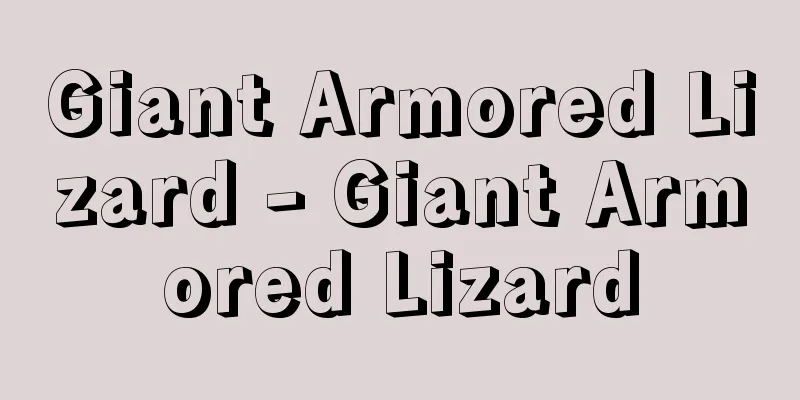
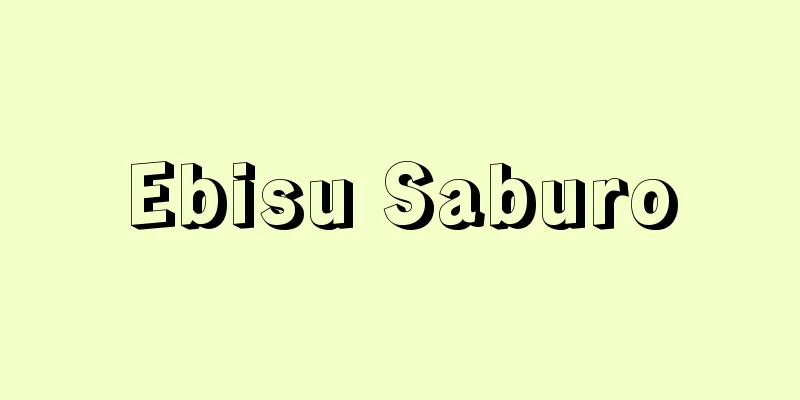
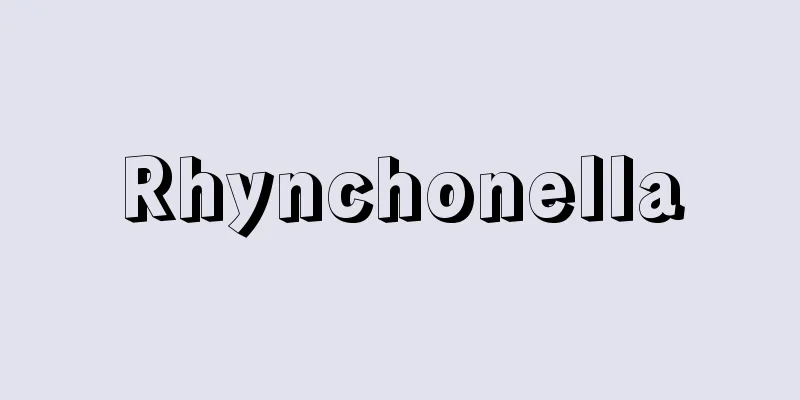
![Now board [Hot spring] - Imaita](/upload/images/67cf70673fba2.webp)

